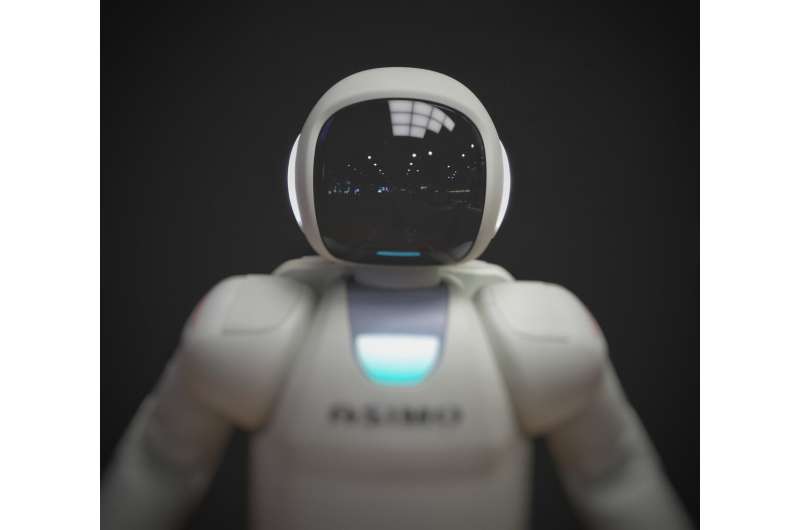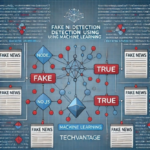
In a recent review published in Science Robotics, a cognitive roboticist, cognitive psychologist, and psychiatrist explore the fascinating concept of “sense of self” in humans and how robots could offer new insights into this phenomenon. The experience of being a self—connected to our bodies and capable of interacting with the world—feels natural to us as humans. This includes the sense of continuity of self from day to day and recognizing others as having selves as well. The authors suggest that robots could serve as either embodied models of the self or as testing platforms for psychological experiments that shed light on this complex experience.
The authors, Agnieszka Wykowska, head of the Social Cognition in Human-Robot Interaction unit at the Istituto Italiano di Tecnologia in Italy, Tony Prescott, Professor of Cognitive Robotics at the University of Sheffield, and Kai Vogeley, Professor at the Department of Psychiatry and Psychotherapy at the University of Cologne, focus their inquiry on how our sense of self is intrinsically linked to our bodies and our interactions with the world. They highlight that the human sense of self is not a single phenomenon, but rather a collection of ongoing processes, such as the feeling of “owning” one’s body and having “agency,” or control over one’s actions.
Robots, they argue, could help to simulate these processes. For example, roboticists are developing robots that can distinguish their own bodies (self-other distinction) and detect the consequences of their own actions (agency). This approach makes robots valuable tools in modeling human cognitive processes behind the sense of self. Additionally, robots can serve as experimental probes to explore self-awareness, as they possess bodies and can engage in interactions with humans and their environments.
The authors delve into two primary approaches for utilizing robots in this research.
The first approach involves programming robots to simulate mental and brain processes related to the experience of self, as understood through psychology and neuroscience. Current research suggests that the human sense of self emerges as the brain’s best explanation of sensory experiences and its role in generating those signals. Robots, as physically embodied agents, offer an ideal platform for testing these theories.
The second approach involves using robots in psychological experiments where humans interact with them while robots display social behaviors like communication or joint attention. These interactions could help researchers determine whether people perceive robots as social beings and if the mental states humans apply to robots are similar to those they apply when interacting with other people. Some studies led by Wykowska’s team at IIT have already shown that humans sometimes develop a sense of joint agency with robots when working together as a team and perceiving the robot as an intentional agent.
The authors also explore the connection between the development of the sense of self in humans over their lifetime and the potential for transferring some of these features to robots. By the age of 4, children develop an understanding of themselves as existing over time, as well as recognizing that others also have selves. This aspect of self-awareness is beginning to be studied in robots, with efforts underway to create memory systems in robots similar to human autobiographical memory. However, this research is still in its early stages, as current robots lack an awareness of themselves as persistent beings over time and do not recognize others as having selves.
Looking ahead, the authors highlight exciting future possibilities for understanding the sense of self through robotics, particularly when self-awareness is impaired in humans due to conditions like schizophrenia or autism. By investigating these diverse experiences of self, the authors hope to uncover new insights into the foundational components of self-awareness.































































































